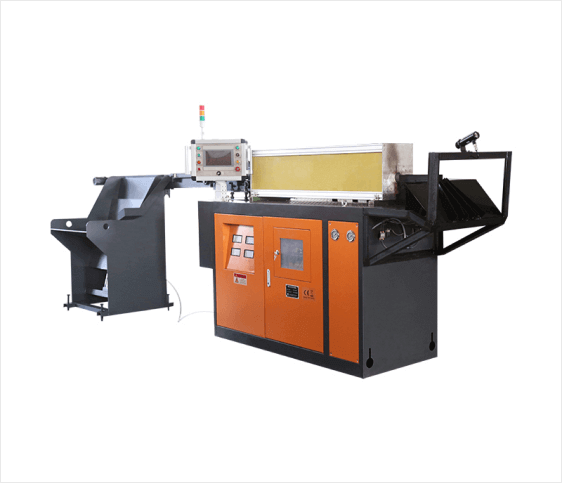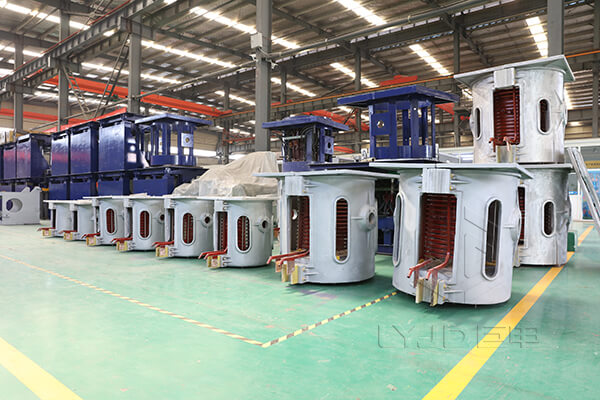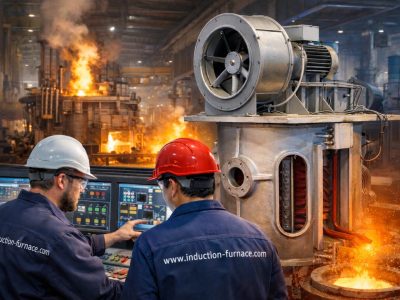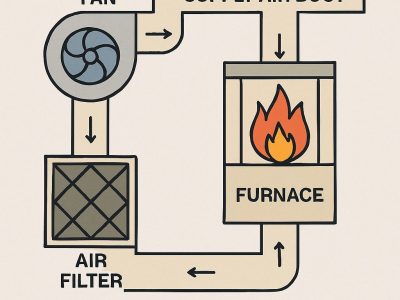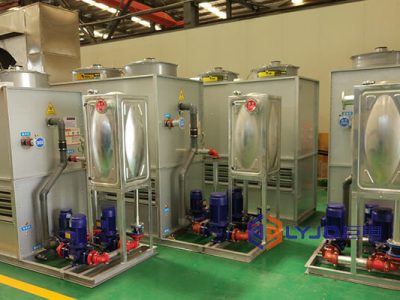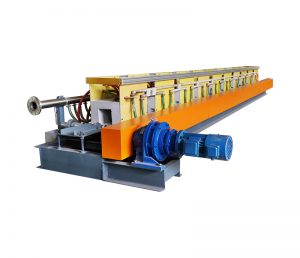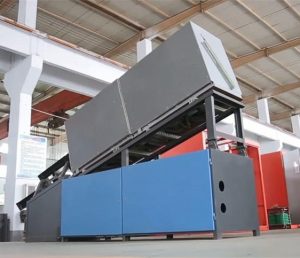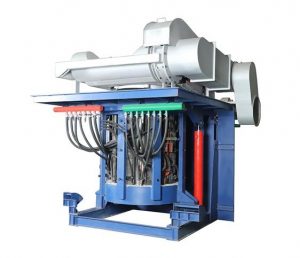Selecting the right induction furnace supplier is critical for ensuring production efficiency, product quality, and long-term support. With numerous suppliers worldwide, making an informed choice can be challenging. This guide highlights six essential factors to consider when evaluating an induction furnace manufacturer.
1. Company Scale and Certifications
A supplier’s scale and credentials reflect its production capacity, technical expertise, and reliability. Look for companies with established operations, sufficient manufacturing facilities, and proper certifications. Key documents to review include business licenses, industry qualifications, and production permits.
For example, Judian is a leading induction furnace manufacturer with over 20 years of experience and a modern production facility exceeding 20,000 m², demonstrating both scale and professionalism.
2. Product Quality and Operational Performance
High-quality induction furnaces deliver efficient heating, precise temperature control, and consistent reliability. Evaluate performance metrics such as heating efficiency, safety features, and operational stability. Comparing products from multiple suppliers through testing or case studies can help you identify furnaces that meet rigorous industrial standards.
3. Research & Development and Innovation
Induction furnaces are technically sophisticated, so supplier innovation is crucial. Assess the manufacturer’s R&D capabilities by examining their technical team, patented technologies, and previous innovation results. Strong R&D support ensures customized solutions and ongoing product improvement.
Judian, for instance, has a dedicated team of 12 R&D experts, providing tailored solutions for diverse industrial projects.
4. Production Capacity and Timely Delivery
Reliable suppliers can scale production to meet your requirements and deliver on schedule. Review factors such as production workflows, output capacity, and manufacturing processes. Suppliers with streamlined operations and sufficient inventory can minimize lead times and avoid production delays.
5. Service and Technical Support
Comprehensive support is vital before, during, and after purchase. Top-tier suppliers offer pre-sales guidance, on-site installation assistance, operational training, and prompt after-sales service. Evaluate response times, problem-solving efficiency, and the supplier’s willingness to provide ongoing technical support.
6. Competitive Pricing
While quality and reliability are paramount, cost efficiency remains a key consideration. Compare quotations from different suppliers, but focus on the overall value rather than just the lowest price. A balanced price-to-performance ratio ensures both affordability and long-term reliability.
Final Thoughts
Choosing the right induction furnace supplier requires a careful, multi-dimensional evaluation. By considering company scale, product quality, R&D capabilities, production capacity, service support, and pricing, you can identify a supplier who not only meets your technical requirements but also supports your long-term operational goals.
Strategic Tip: Conduct detailed comparisons, request demonstrations, and review client references to make an informed purchasing decision that drives both efficiency and ROI.
